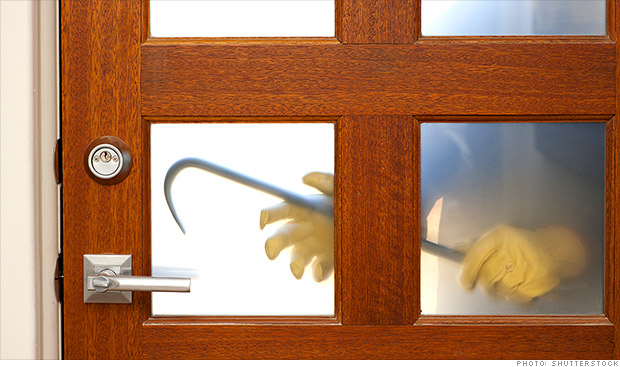 MOUNT DORA — Because the Christmas Tour of Homes is staged by the Women's Committee of Fine Arts of Mount Dora, it is no surprise that some of the houses are chock full of art.
MOUNT DORA — Because the Christmas Tour of Homes is staged by the Women's Committee of Fine Arts of Mount Dora, it is no surprise that some of the houses are chock full of art.The annual fundraiser takes place from 11 a.m. to 4 p.m. Saturday and Sunday at five houses on Mount Dora and one in Eustis.
Among them is Judie Lee's house on Overlook Drive, which sports art indoors and out. Brightly painted car hoods, with fanciful characters, animals and amusing sayings, hang on the front porch of the 1955 cottage.
Lee's mixed-media pieces, acrylic paintings, fused glass and metal work is joined by the sculptures of her twin sister, Julie Kessler of Sanford. Artwork by their friends is also mixed in.
"I promote my work and my sister's and that of my friends," Lee said. "People can ask to buy almost anything."
Her Christmas decorations center on a 4-foot tall tree, hung with spaceships, figures of aliens and robots.
Lee said she has spent three years working on the two-bedroom house, which boasts extra-wide doors and hallways.
"People are surprised how big it feels," she said. "It's a happy house when you walk in."
Glenda and Randall Sumner's house in the Country Club of Mount Dora is also full of art and fine crafts. She collects Roseville pottery, known for its roots in the Arts and Craft movement, and Van Briggle pottery, known for its nod to the Art Nouveau period.
She has put her collection of antique linens to work — pillowcases, coverlets and towels — but said her Christmas decorations center on the tree, in this case, a 9-foot tree decorated with old family ornaments and newer pieces.
A small chamber orchestra will play at her house, where people can find cookies and punch.
"All the money goes to art students," she said. "And I feel good about that."
Other houses on the tour belong to Karen and Charles Race, Fransje Zucchero and Barbara Zander.
Tickets with maps are $15 and can be purchased at the Mount Dora and Tavares chambers of commerce.
Proceeds go to the organization's scholarship fund. Organizers ask that no one wear high-heels and no one uses cameras or smokes. For more information, call 352-357-3761 or 352-385-4619.




